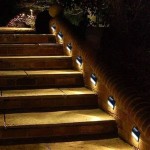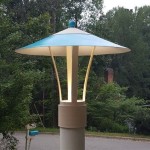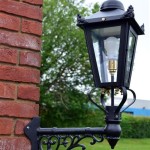Essential Aspects of Outdoor Photography Lighting Ideas
Outdoor photography offers a captivating canvas to capture the beauty of nature and human interactions. The key to creating stunning outdoor images lies in harnessing the power of lighting. Understanding the effects of different lighting conditions and employing effective techniques can elevate your outdoor photography to new heights.
Golden Hour and Blue Hour
The golden hour, which occurs shortly after sunrise and before sunset, and the blue hour, which precedes sunrise and follows sunset, offer optimal lighting conditions for outdoor photography. The soft, warm light during the golden hour creates a warm and inviting atmosphere, while the cool, ethereal light of the blue hour lends a sense of mystery and intrigue to images.
Natural Reflectors
Utilizing natural reflectors, such as water bodies, white walls, or light-colored surfaces, can enhance the lighting of your subjects. By positioning your subject near a reflector, you can fill in shadows and create a more balanced exposure. Reflectors are especially useful in situations where there is strong backlight or harsh shadows.
Backlighting
Backlighting can create dramatic and ethereal effects in outdoor photography. When the light source is positioned behind the subject, it illuminates the subject's edges, creating a silhouette or halo effect. Experiment with different angles and positions of the light source to achieve the desired effect.
Diffusers
Diffusers, such as clouds or sheer curtains, can soften harsh sunlight and create a more flattering light for portraits. By placing a diffuser between the light source and the subject, you can reduce contrast and create a more evenly lit image.
Long Exposure
In low-light conditions, long exposure techniques allow you to capture movement and create dynamic effects. By using a slow shutter speed, you can blur moving subjects or capture the trails of light from vehicles or stars. A tripod is essential for long exposure photography to avoid camera shake.
Experimentation and Observation
Outdoor photography lighting is not a rigid set of rules but rather an area of experimentation and observation. Spend time observing how light changes throughout the day and how it interacts with different subjects and environments. Experiment with different lighting conditions and techniques to develop your unique photographic style.
Remember, the most important element in outdoor photography lighting is to be aware of your surroundings and to use the available light to your advantage. By understanding the essential aspects of lighting, you can transform ordinary outdoor scenes into captivating and memorable images.

11 Outdoor Portrait Photography Tips For Easy Shots

11 Outdoor Portrait Photography Tips For Easy Shots

11 Outdoor Portrait Photography Tips For Easy Shots

Natural Light Photography How To Improve Outdoor Portraits Bidun Art

11 Outdoor Portrait Photography Tips For Easy Shots

5 Summer Outdoor Lighting Ideas You Ll Love

Outdoor Lighting Ideas For Backyard Party Highland Grove Landscaping Farm

Pin By David Casimer On Photography Ideas Lighting Setup Portrait Studio

Backyard Lighting Ideas Homedepot Ca

How To Use Off Flash For Portraits Outdoor Photography
Related Posts







